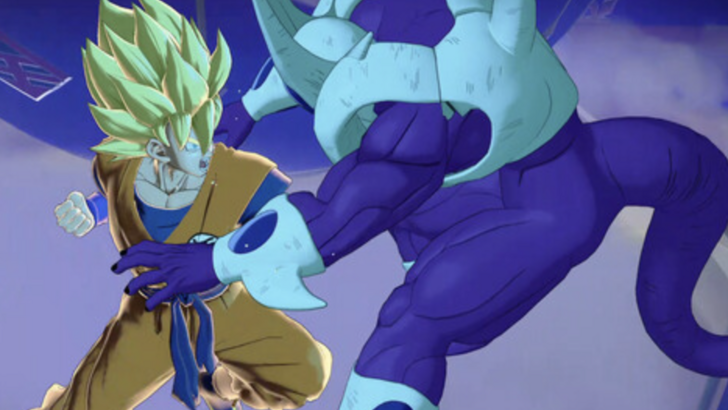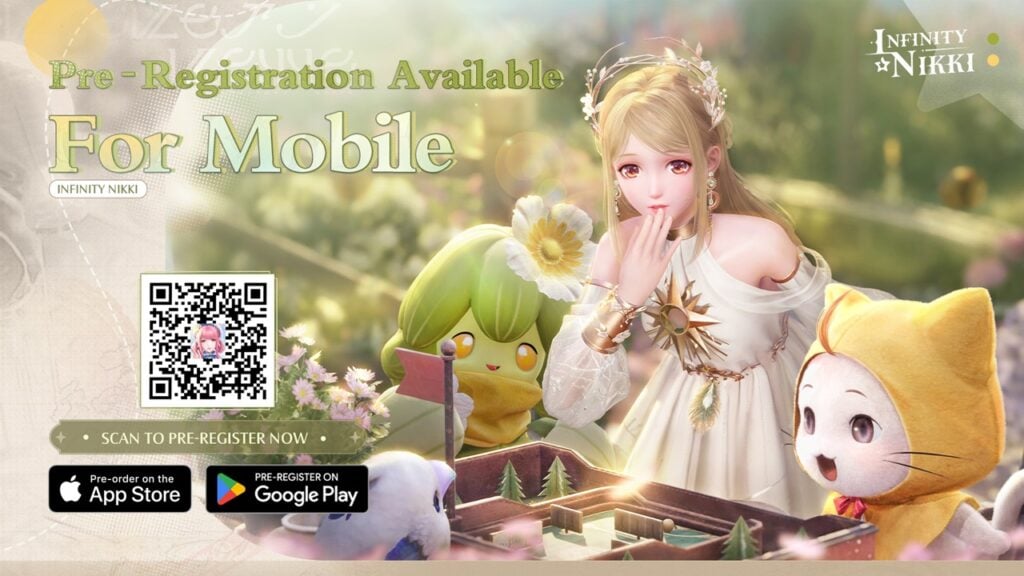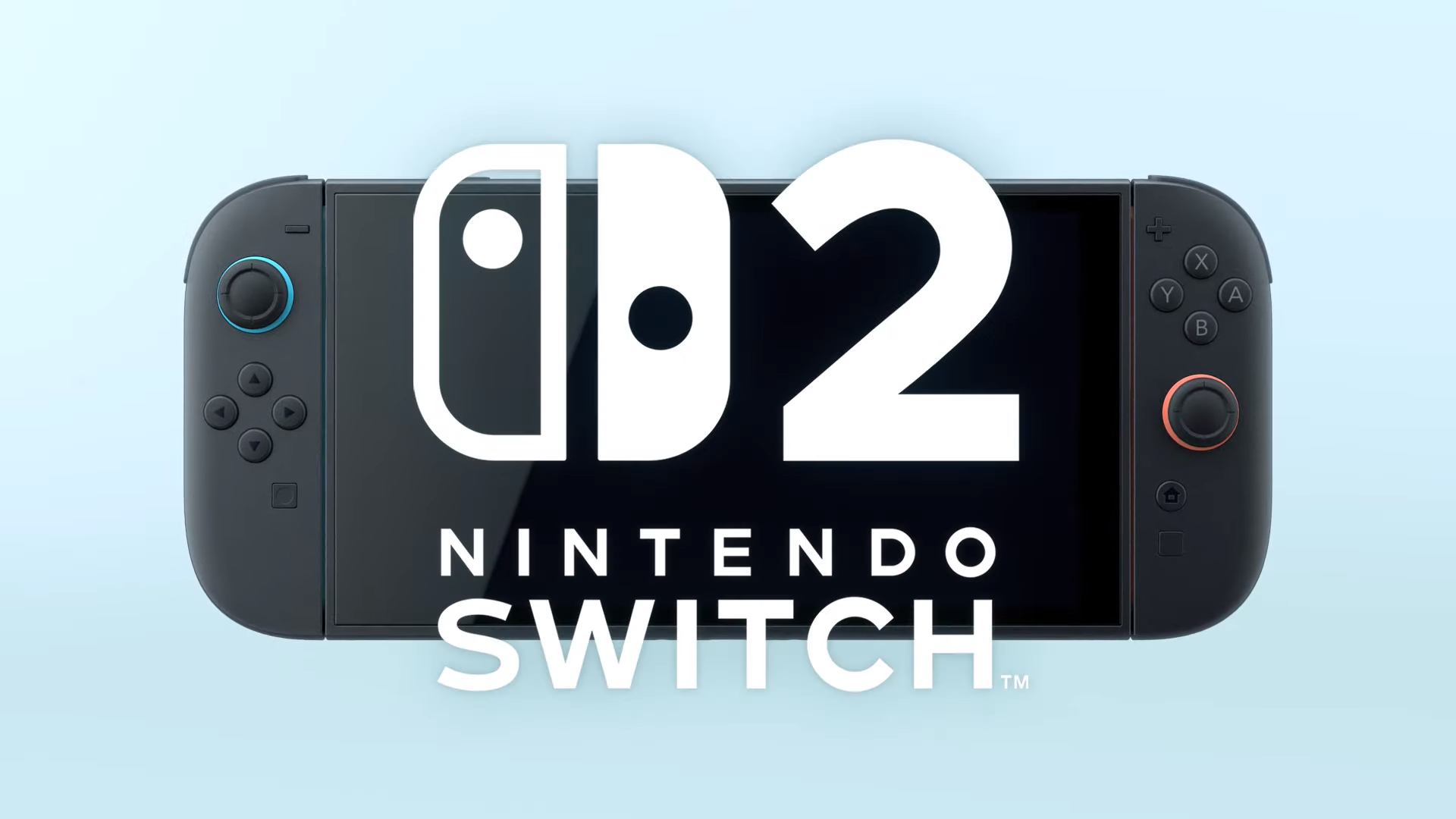Palworld Director Clarifies AI Use, Online Issues, and Misconceptions
- By Sophia
- May 22,2025
At the Game Developers Conference (GDC) last month, we had an in-depth discussion with John "Bucky" Buckley, the communications director and publishing manager for Palworld developer Pocketpair. Following his presentation titled 'Community Management Summit: A Palworld Roller Coaster: Surviving the Drop,' Buckley shared insights into the challenges Palworld faced, including allegations of using generative AI and copying Pokémon models, which have since been debunked. He also touched on Nintendo's patent infringement lawsuit against the studio, calling it a "shock" and something "no one even considered."
We've covered several key points from our conversation in shorter articles, but given the richness of Buckley's insights on Pocketpair's community struggles and successes, we're sharing the full interview here. For more concise reads, you can explore Buckley's thoughts on the potential release of Palworld on the Nintendo Switch 2, the studio's reaction to the "Pokémon with guns" label, and whether Pocketpair would ever be acquired.
This interview has been lightly edited for clarity:IGN: I'm going to get the really annoying one that I know you can't really answer out of the way first. You talked so, so lightly about the lawsuit in your GDC talk. Has that lawsuit made it harder for Pocketpair to move forward and update the game, having that still pending?
John Buckley: No, it hasn't made it harder to update the game or to move forward. It's just something that weighs on everyone's mind all the time. It hasn't affected the game's development, but it has impacted the company's morale. Of course, we've had to hire lawyers, but that's handled at the top level, and it doesn't involve the rest of the team. It's really more about morale than anything else.
Okay, real conversation time. I was fascinated at the start of your talk when you talked about, sort of cheekily, the 'Pokémon with guns' moniker. I was surprised that you didn't seem to like that. Can I ask why?
Buckley: Many people think that phrase was our goal from the start, but it wasn't. We aimed to create something like ARK: Survival Evolved, with more automation and unique personalities for each creature. We're big fans of ARK, and our previous game, Craftopia, drew inspiration from it. The pitch was to make a game like ARK but with more automation and each creature having its own special characteristics. When we released the first trailer, the "Pokémon with guns" label emerged, and while we weren't thrilled about it, it's something we've had to accept.
You said in the talk that you didn't understand why Palworld took off the way it did, you couldn't explain it. And I'm not a market analyst, so I certainly couldn't tell you, but I do feel like I specifically remember when "Pokémon with guns" came into the conversation.
Buckley: Yeah, that phrase definitely played a big role. It caught on, and even led to someone trademarking Pokemonwithguns.com. It fueled the fire, which is fair enough. However, what bothers us is when people believe that's what the game is without playing it. We'd prefer if everyone gave it a chance first.
Well, how would you have phrased it? What would've been your "moniker" for this?
Buckley: I might have called it, "Palworld: It's kind of like ARK if ARK met Factorio and Happy Tree Friends." That's how I might've described it, but it doesn't roll off the tongue as easily.
**Another thing that you brought up in the talk were the criticisms people made saying the game was AI slop. How did that impact folks internally at Pocketpair?**Buckley: It had a massive impact, especially on our artists. The accusations were completely unfounded and very upsetting, particularly for our Pal concept artists. We tried to counter these claims by releasing an art book, which helped but not as much as we hoped. Our artists, many of whom are female, prefer not to be public figures, making it hard to refute these claims directly.
We are having this industry-wide conversation about generative AI and generative AI art, and people think that they're really good at spotting it, and you can't always. If something has seven weird fingers, it's probably pretty obvious, but less so in other cases, right?
Buckley: A lot of the arguments against us are pretty hollow. They stem from comments our CEO made years ago, which were misinterpreted. Additionally, a game we made called AI: Art Imposter, which was meant to be a fun party game, was taken as a sign that we endorse generative AI, which wasn't our intention at all.
What's your overall take on the state of, not your community specifically, but online gaming communities in general? You're talking about getting all that harassment and stuff, is social media broadly useful for you all anymore?
Buckley: Social media is crucial for us, especially since we primarily target the Asian market where it's very popular. However, online gaming communities can be intense. I understand that emotions run high, and people sometimes lash out. We take a lot of criticism on the chin, but death threats are particularly hard to handle. It's important for players to remember that we're just as invested in the game as they are, and we're always working to fix issues.
Do you feel like social media is trending worse lately?
Buckley: There's definitely a trend of people saying the opposite just to get a reaction. It's becoming more common, and it's encouraged by social media's click-driven nature. Luckily, Palworld has mostly avoided political and social controversies, and we mainly deal with game-related feedback.
I thought it was really interesting in your talk that you said that the majority of the heat came from the Western audience. I guess I just assumed it would be equal across the board. Do you have any insight as to why that was?
Buckley: We're a divisive company in Japan, but we've always aimed at the overseas market with a Japanese flair. We consider ourselves indie, which some Japanese gamers don't like. The heat from the Western audience was unexpected, but it's simmered down and is manageable now.
Palworld Screens
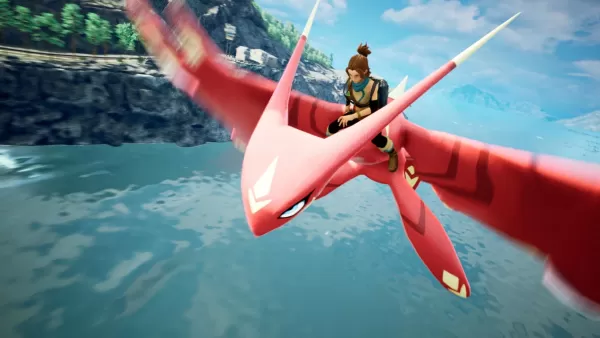
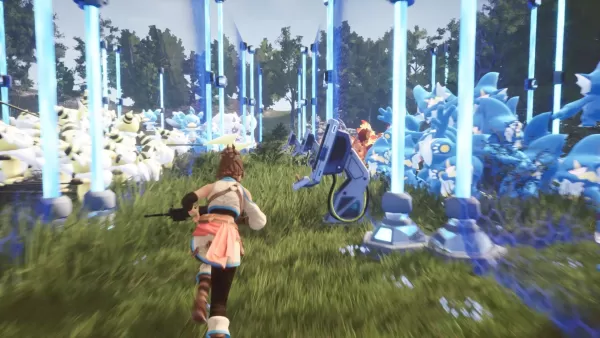 17 Images
17 Images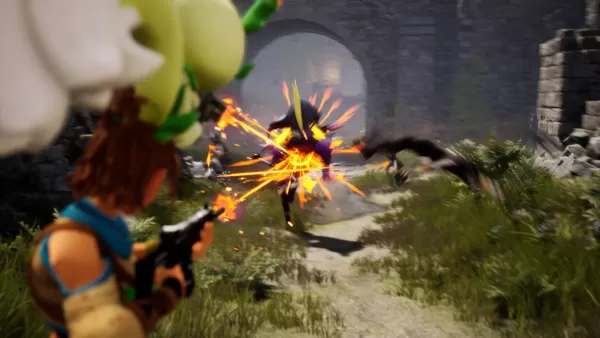
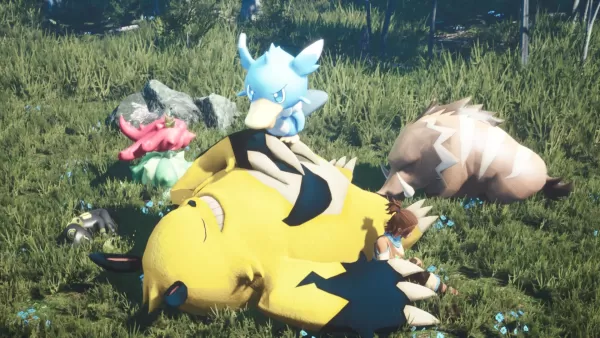
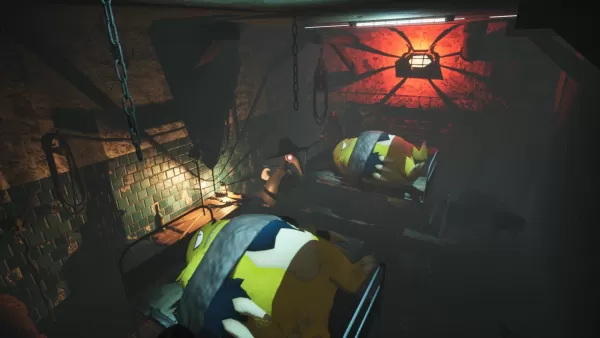
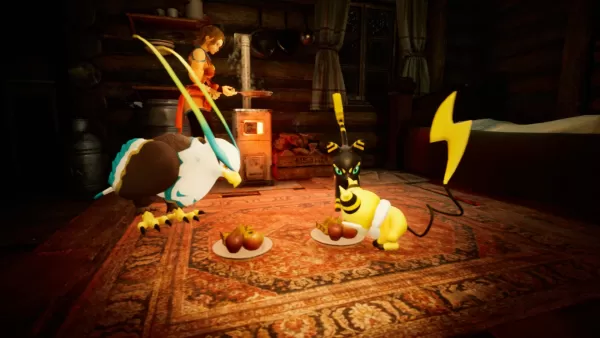 So Palworld was extremely successful, and I get the sense, perhaps in a way that was maybe unexpected for you all based on your talk. Has that changed anything about how the studio runs or what your future plans are or anything else?
So Palworld was extremely successful, and I get the sense, perhaps in a way that was maybe unexpected for you all based on your talk. Has that changed anything about how the studio runs or what your future plans are or anything else?
Buckley: It's changed our future plans, but not how the studio operates. We remain largely unchanged. Our server team and development staff have grown to speed up development, but our CEO wants to keep the company small, currently at around 70 people.
You knew it was a good game, but you didn't know that it was going to be this big.
Buckley: A million sales for an indie game is a huge success. Two million is unbelievable. When you reach tens of millions, it becomes surreal. The numbers on Steam don't even make sense anymore, and it's hard to grasp the scale of success.
Do you anticipate that Palworld is something that Pocketpair is going to support for a really, really long time to come?
Buckley: Palworld isn't going anywhere. We don't know what form it will take, but we're committed to it. We're also working on other projects like Craftopia and supporting new ideas within the company. Palworld is split into the game itself and the IP, which is being managed by Aniplex and Sony Music.
Yeah. You talked about that partnership that everybody misunderstood.
Buckley: Yes, it's often misunderstood. We're not owned by Sony; we're just involved with them on the IP side.
Do you think you guys ever would get acquired?
Buckley: No, our CEO would never allow it. He values his independence and doing things his way. Maybe when he's much older, but not in my lifetime.
I know we talked earlier about the Palworld comparisons to Pokémon, and that you actually feel it's more like ARK. ARK is not actively releasing brand new games every one to two years and has an anime and merch like the way Pokémon does, but Pokémon is gearing up. They've got a release this year. They're constantly doing stuff. Do you see that being competitive in any way or meaningfully impacting you all?
Buckley: I don't think our audiences overlap much, and our game systems are completely different. We released alongside other survival games like Nightingale and Enshrouded, and we focused more on those. Competition in games is often manufactured, and we don't see ARK as a competitor. We're more in competition with timing than anything else.
Would you ever release on the Switch?
Buckley: If we could make the game work on the Switch, we would, but it's a beefy game. For the Switch 2, we're waiting to see the specs. We've optimized for the Steam Deck, and we'd love to get it on more handhelds if possible.
My big takeaway from your talk is that outside of the existing Palworld community of people who have played and enjoyed the game, you feel that Palworld is extremely misunderstood.
Buckley: Yeah, 100%.
What is your singular takeaway message for people who have not played it and you think misunderstand it?
Buckley: I think a lot of people who only know Palworld from the news and drama would be surprised if they played it for just one hour. We're not as seedy or scummy as people think. We've tried to protect our developers by staying out of the public eye, but that might have made us seem inaccessible. We're a nice little company that's done well with every game, and we hope to continue doing so. Last year was an extraordinary year for games, with many achieving unprecedented success.
Latest News
more >-
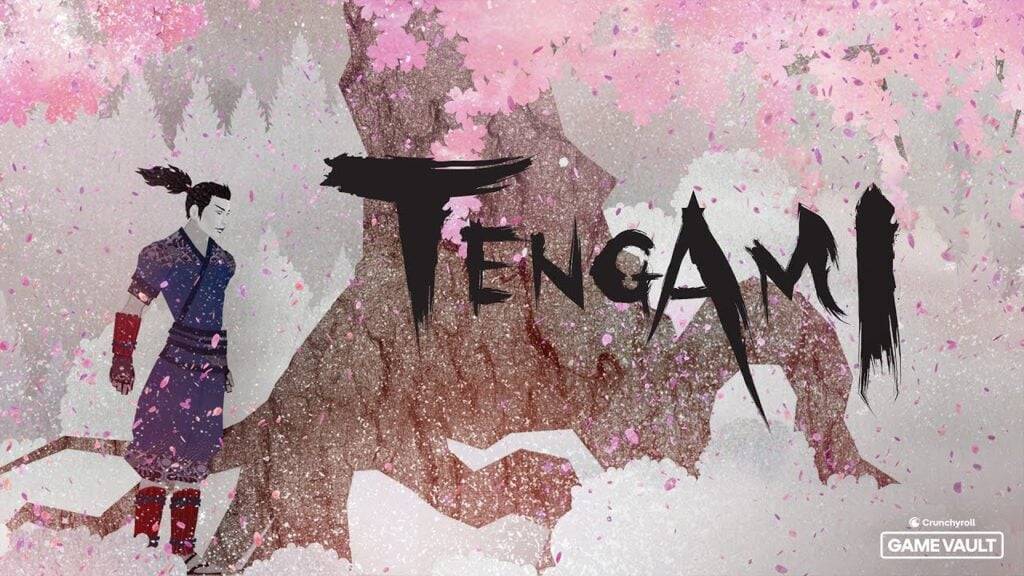
-
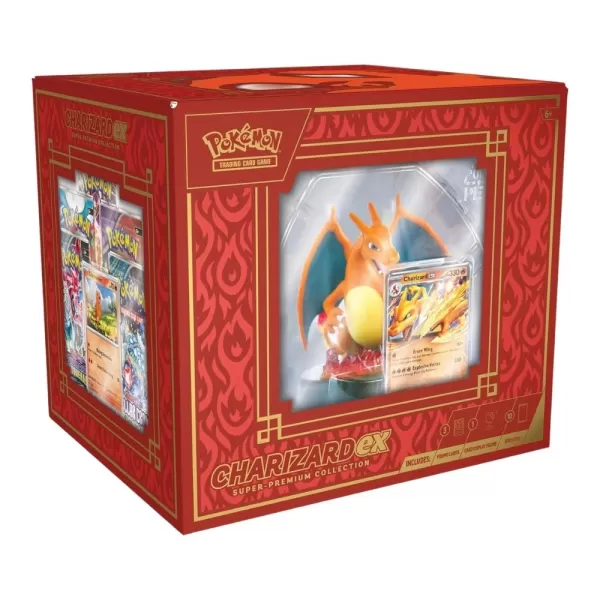
- Xbox Controller Gets a Major Upgrade
- Feb 13,2026
-
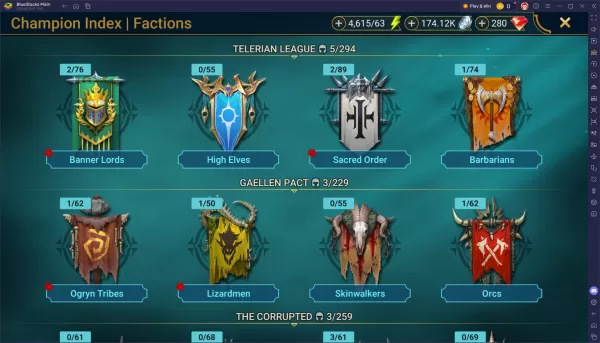
- Top 2025 Faction War Champions in Raid
- Feb 12,2026
-
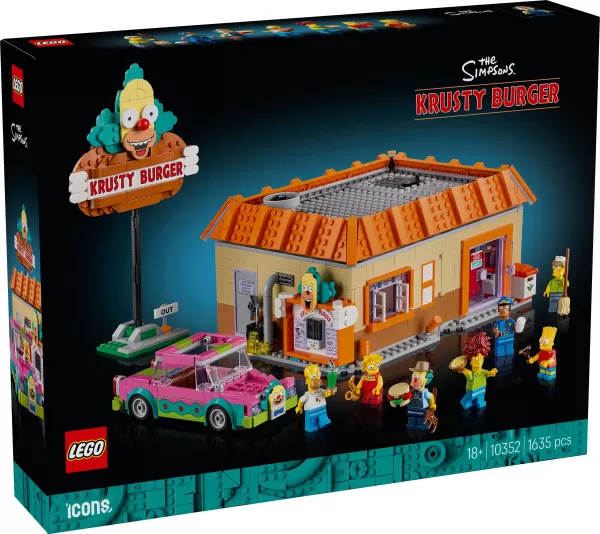
- The Simpsons Krusty Burger LEGO Set Returns
- Feb 12,2026
-
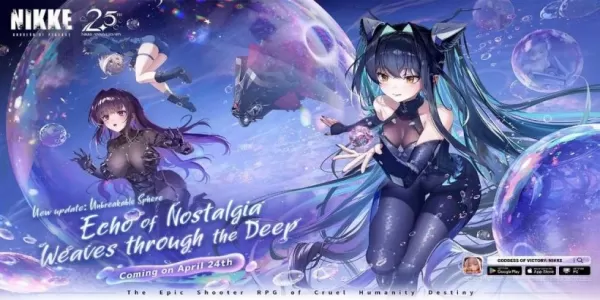
- Nikke Marks 2.5 Years with Anniversary Event
- Feb 12,2026
